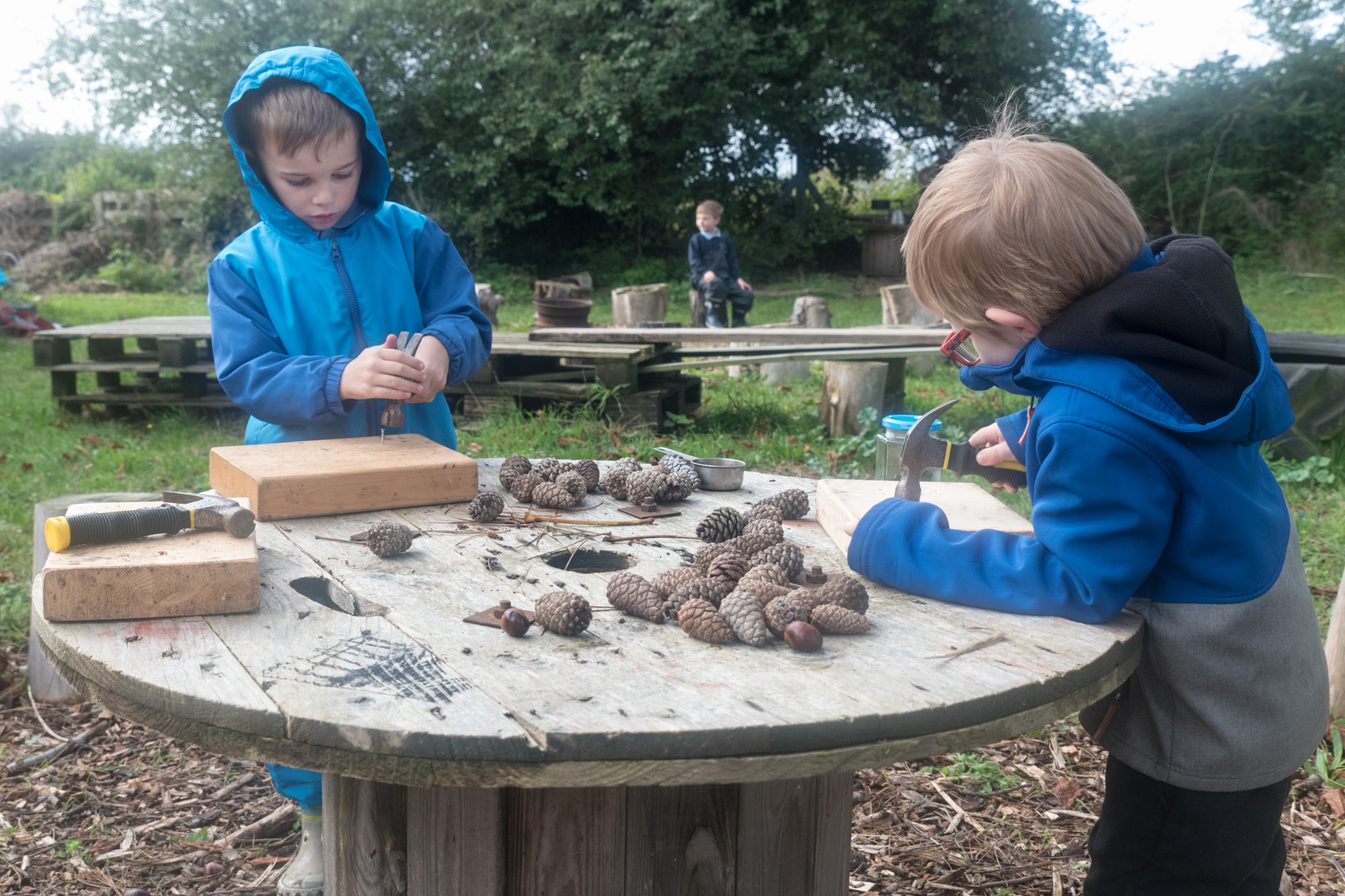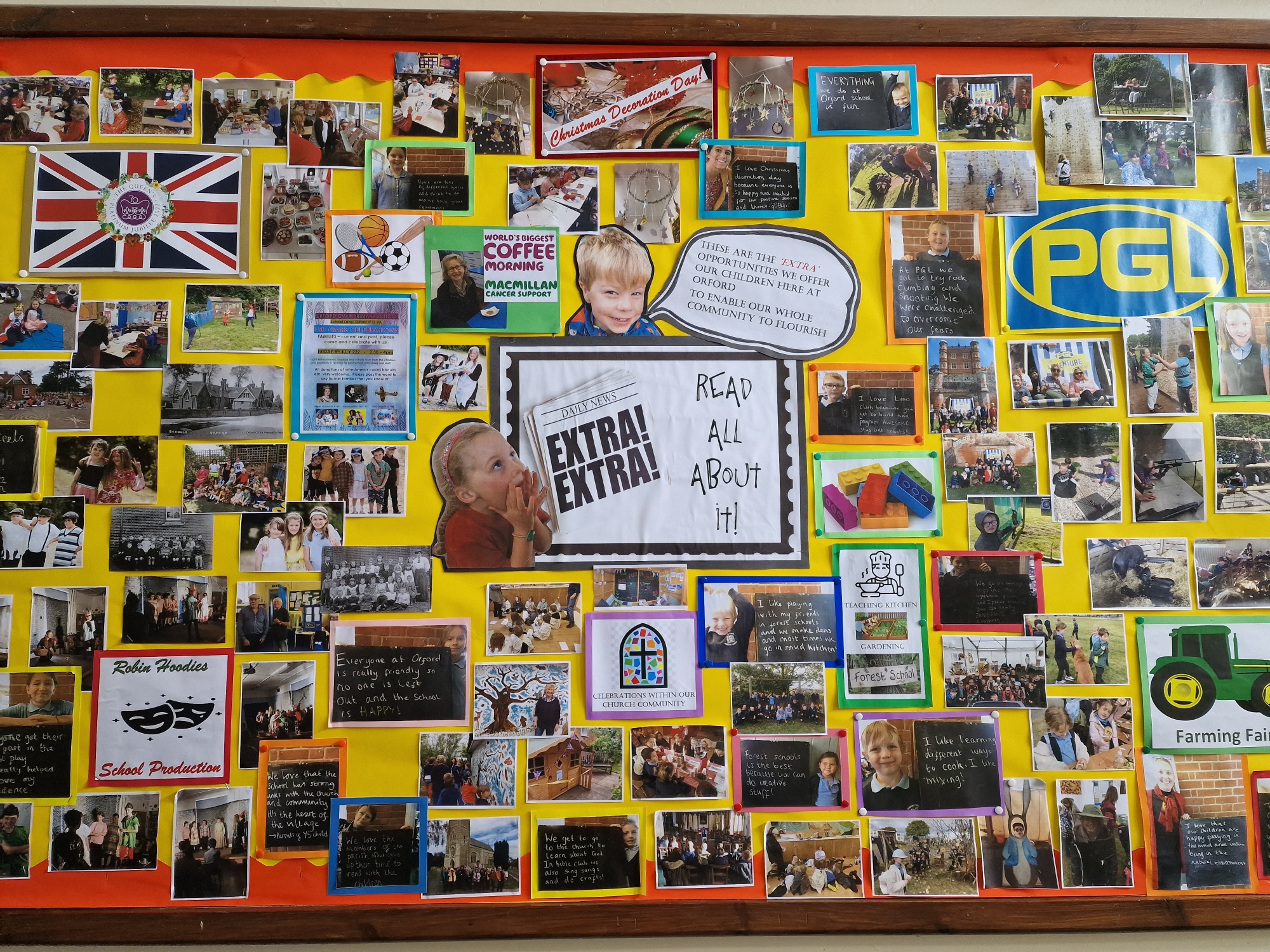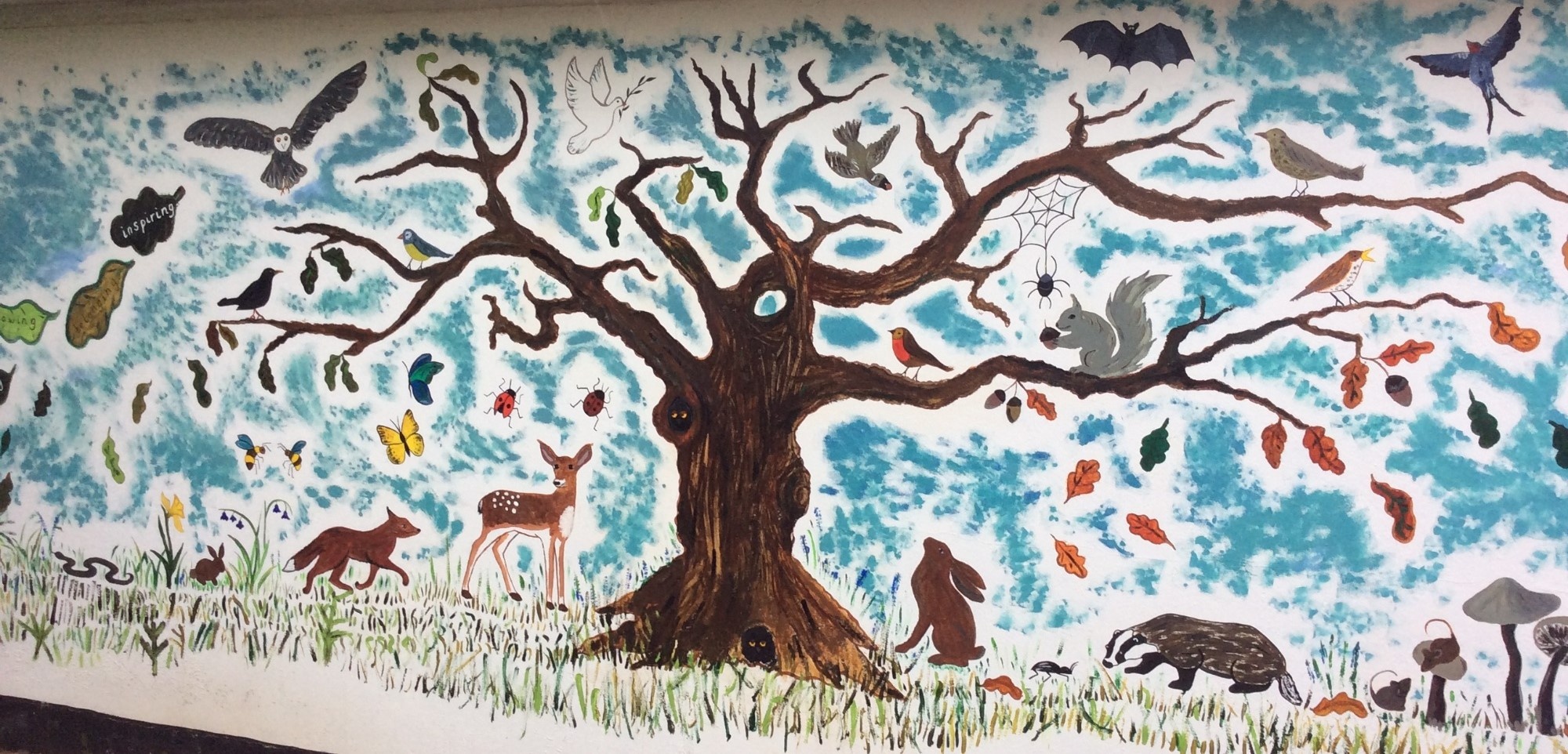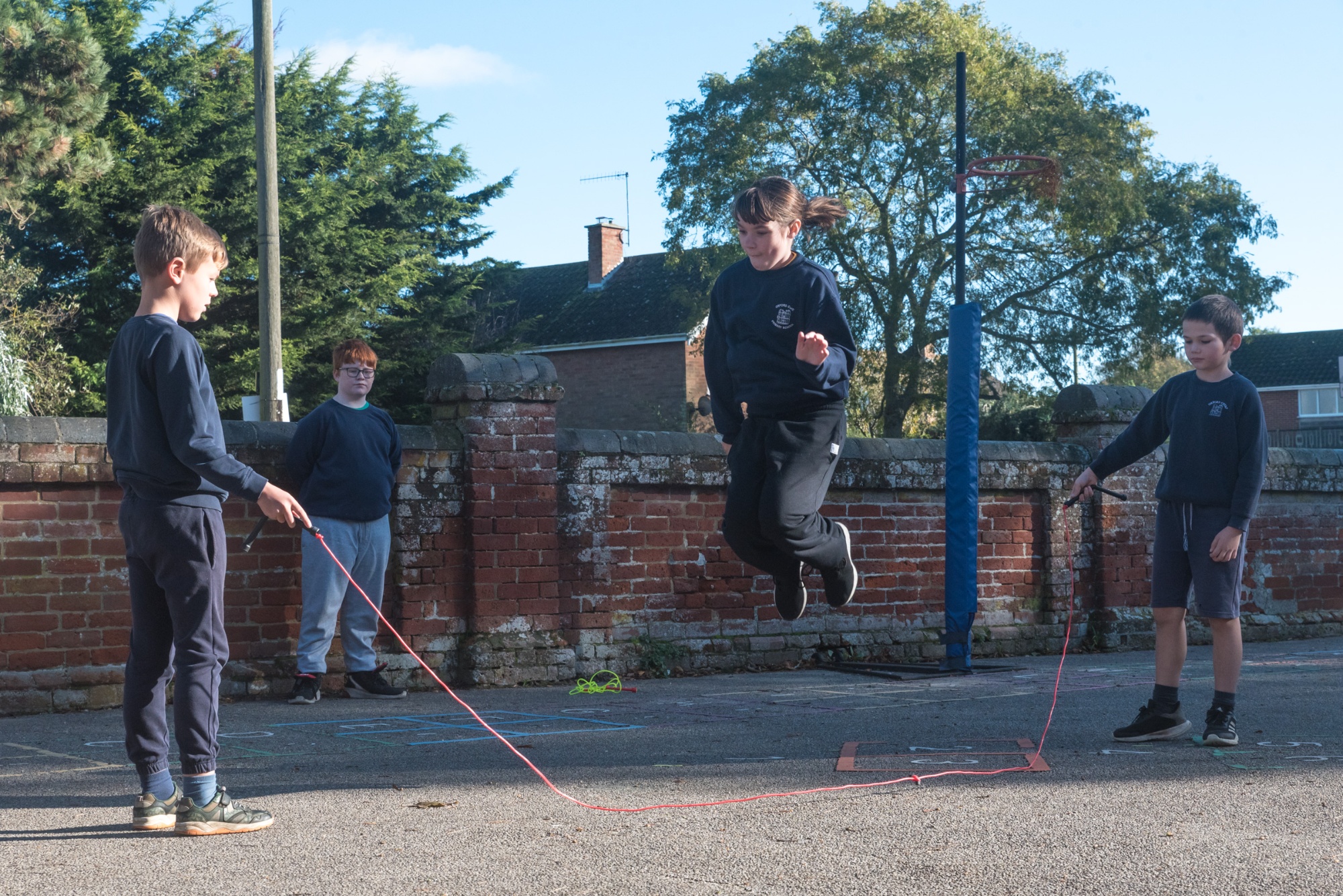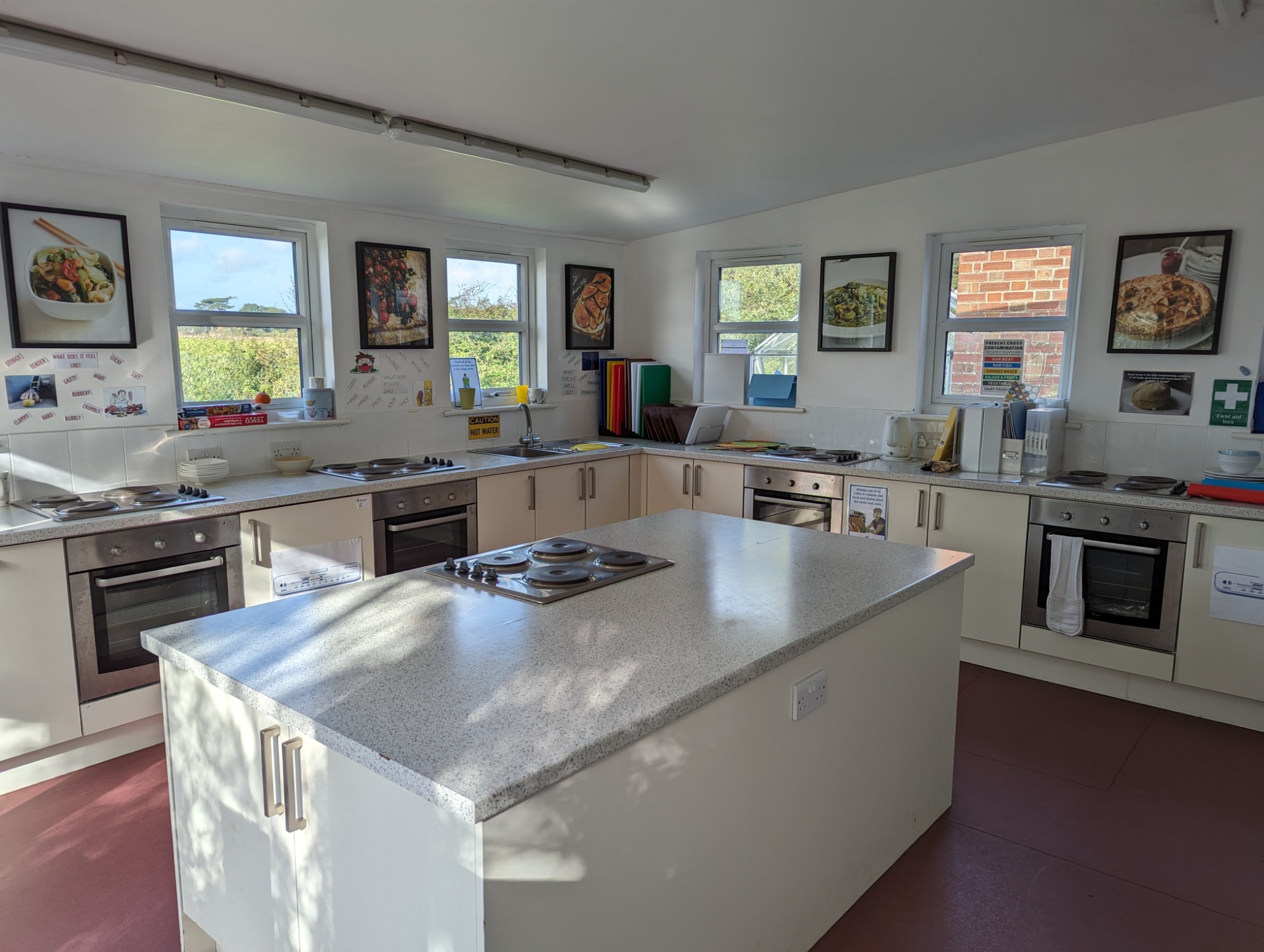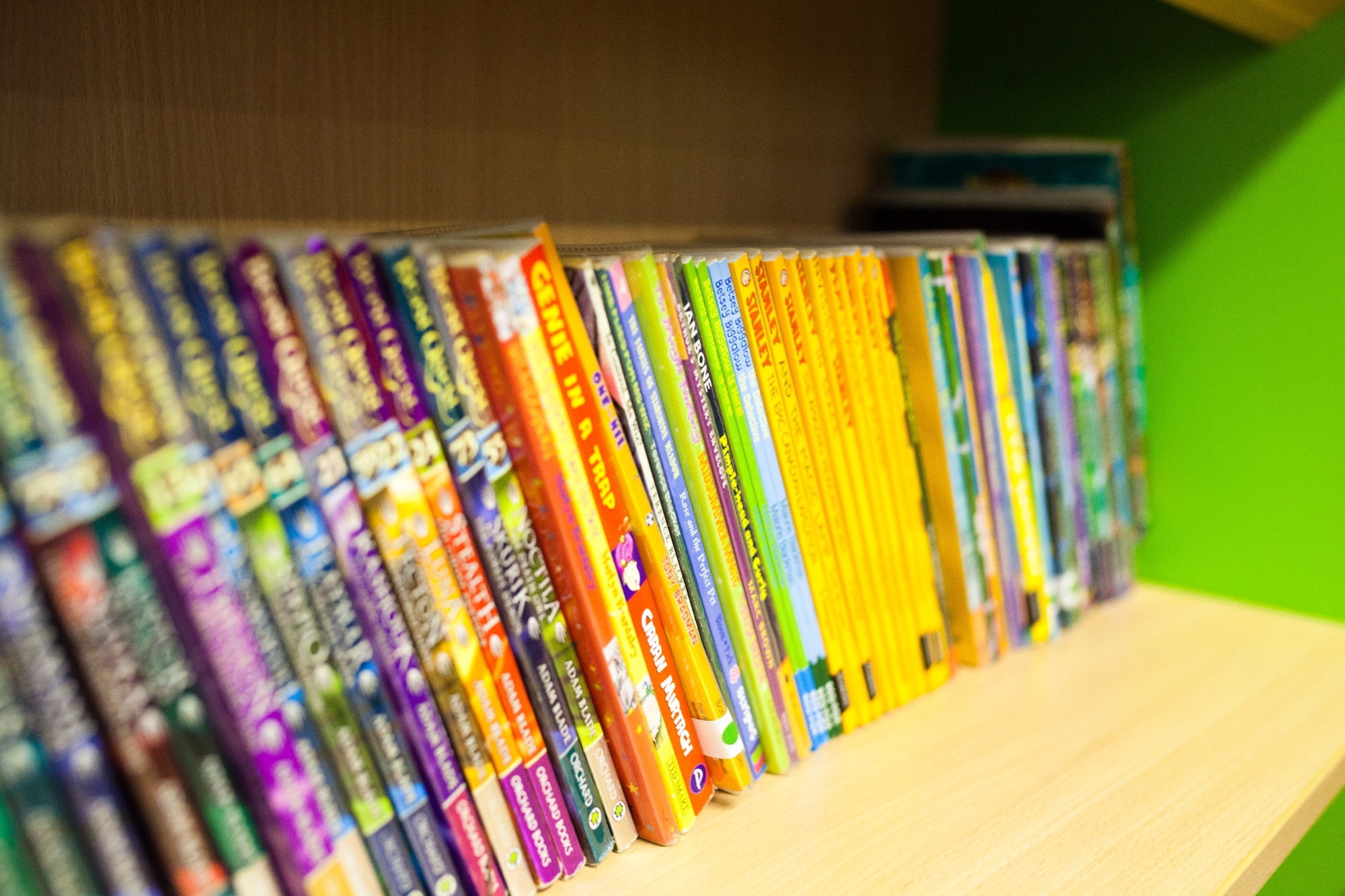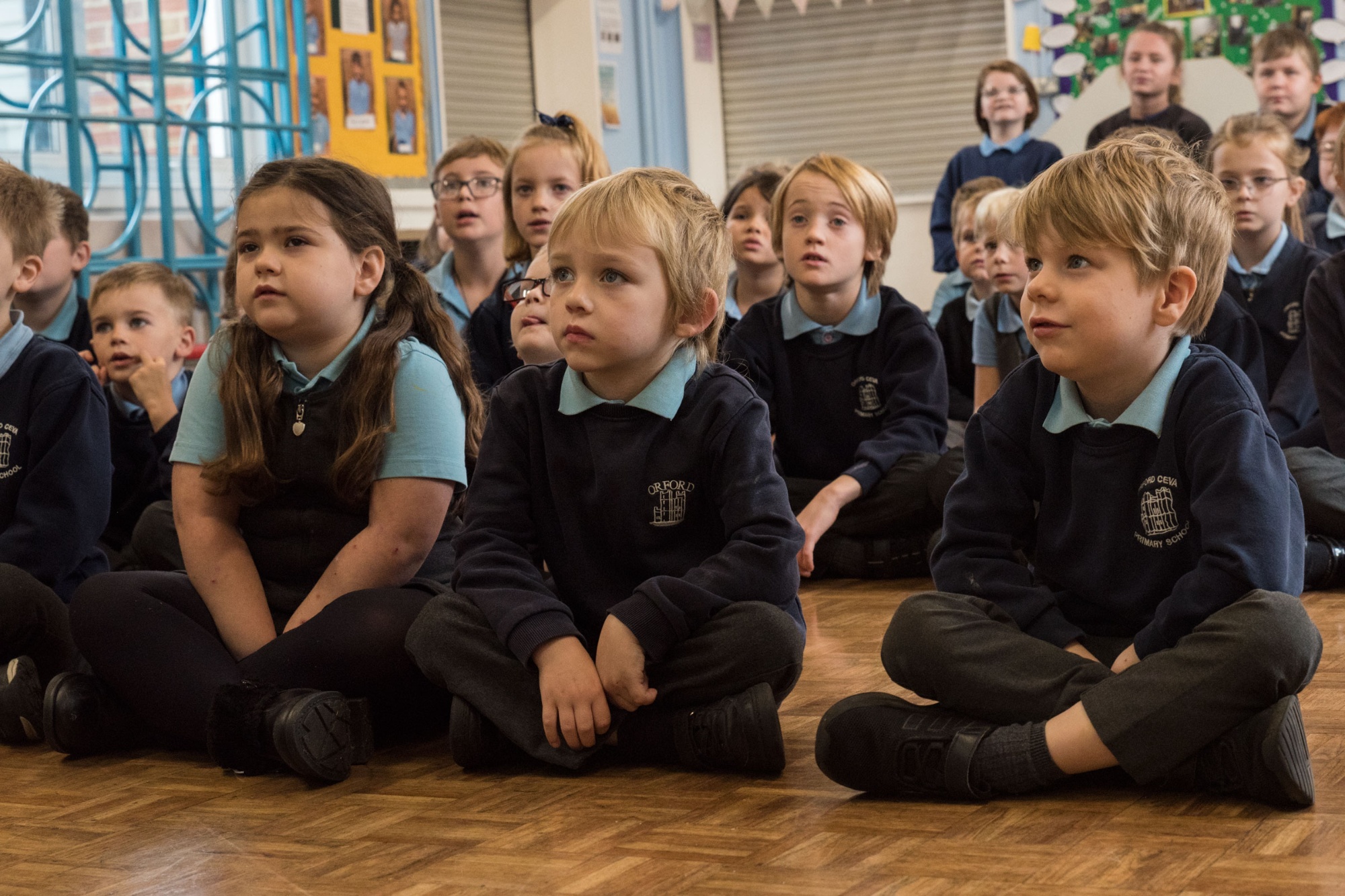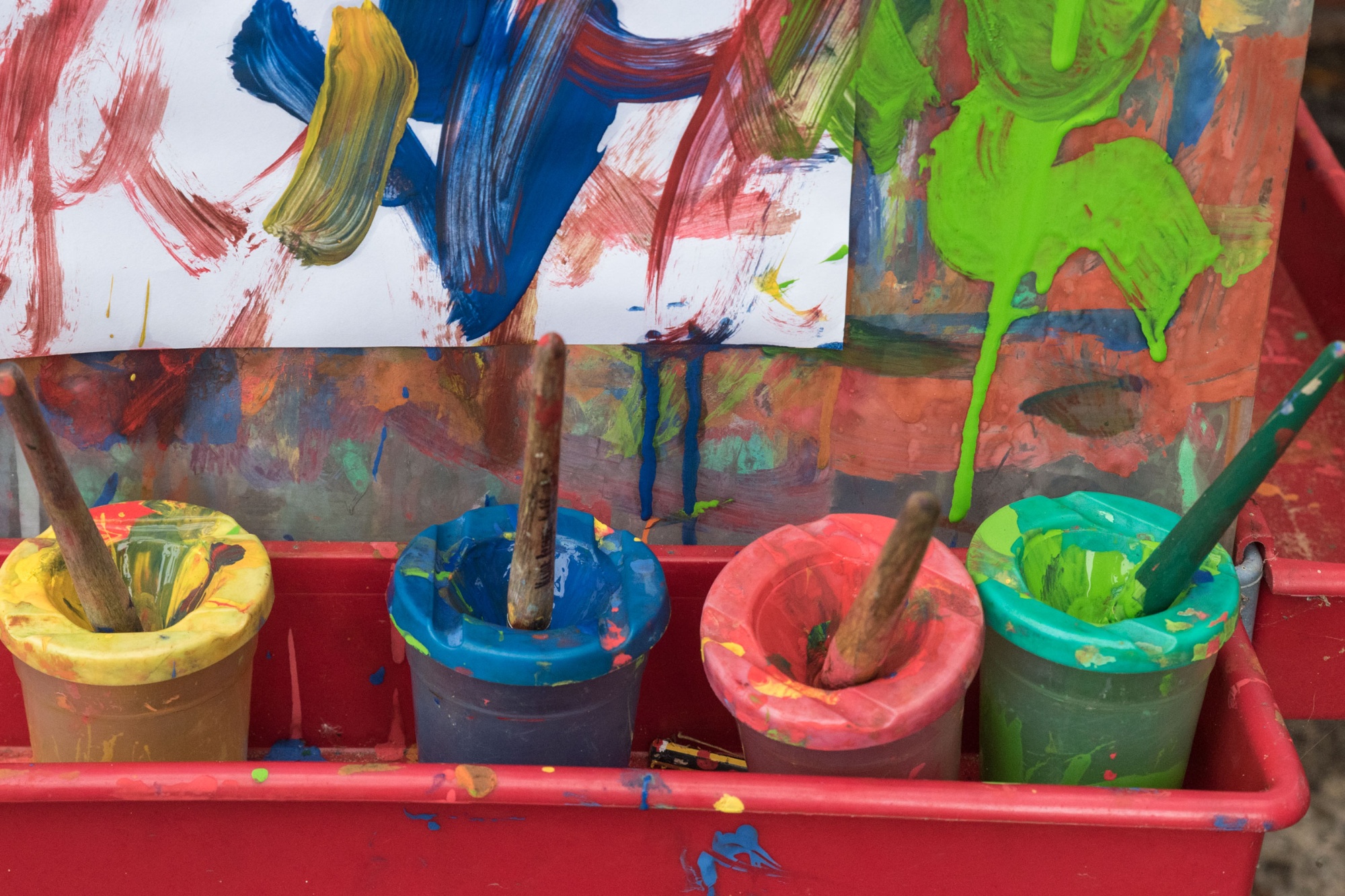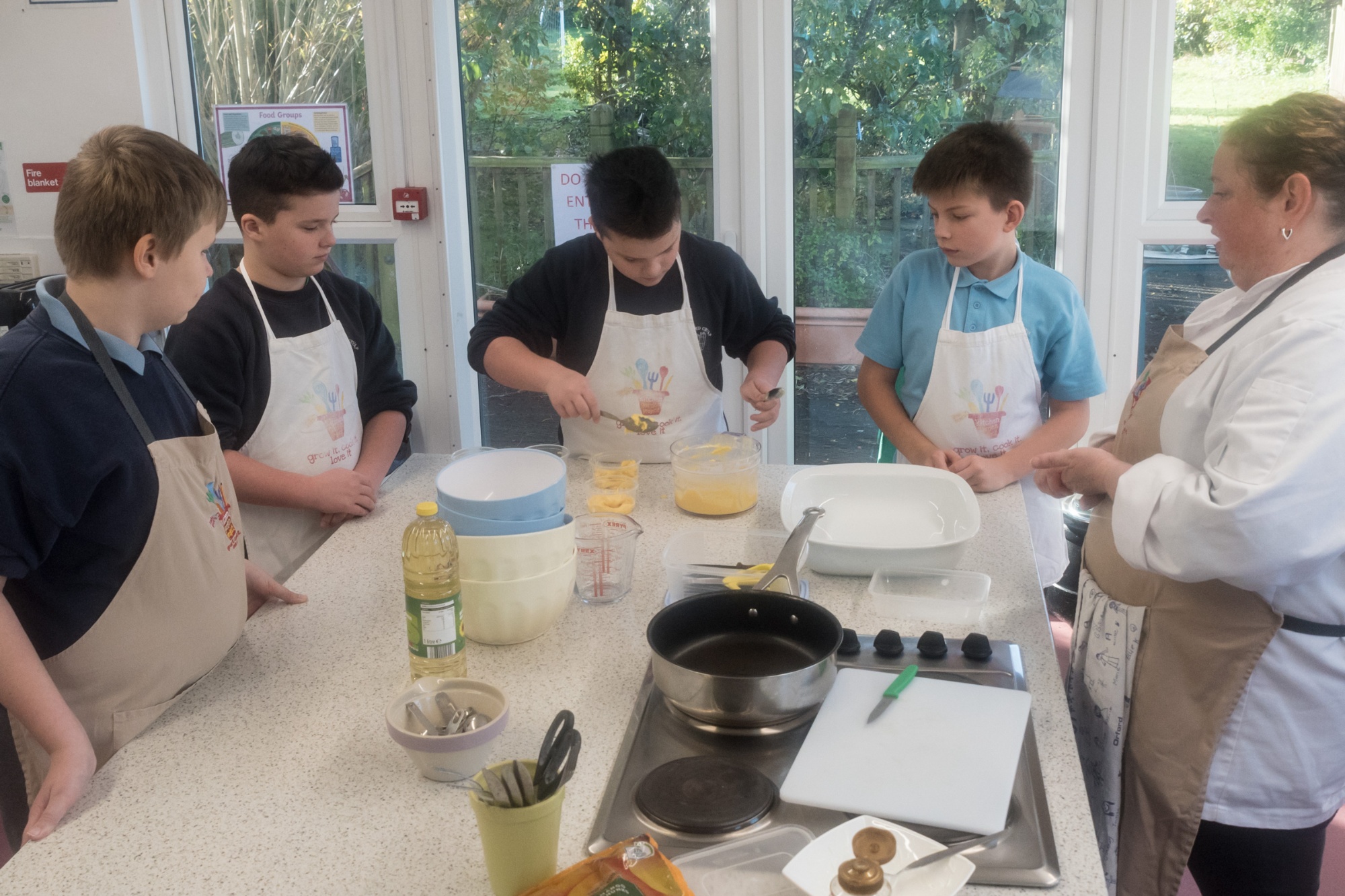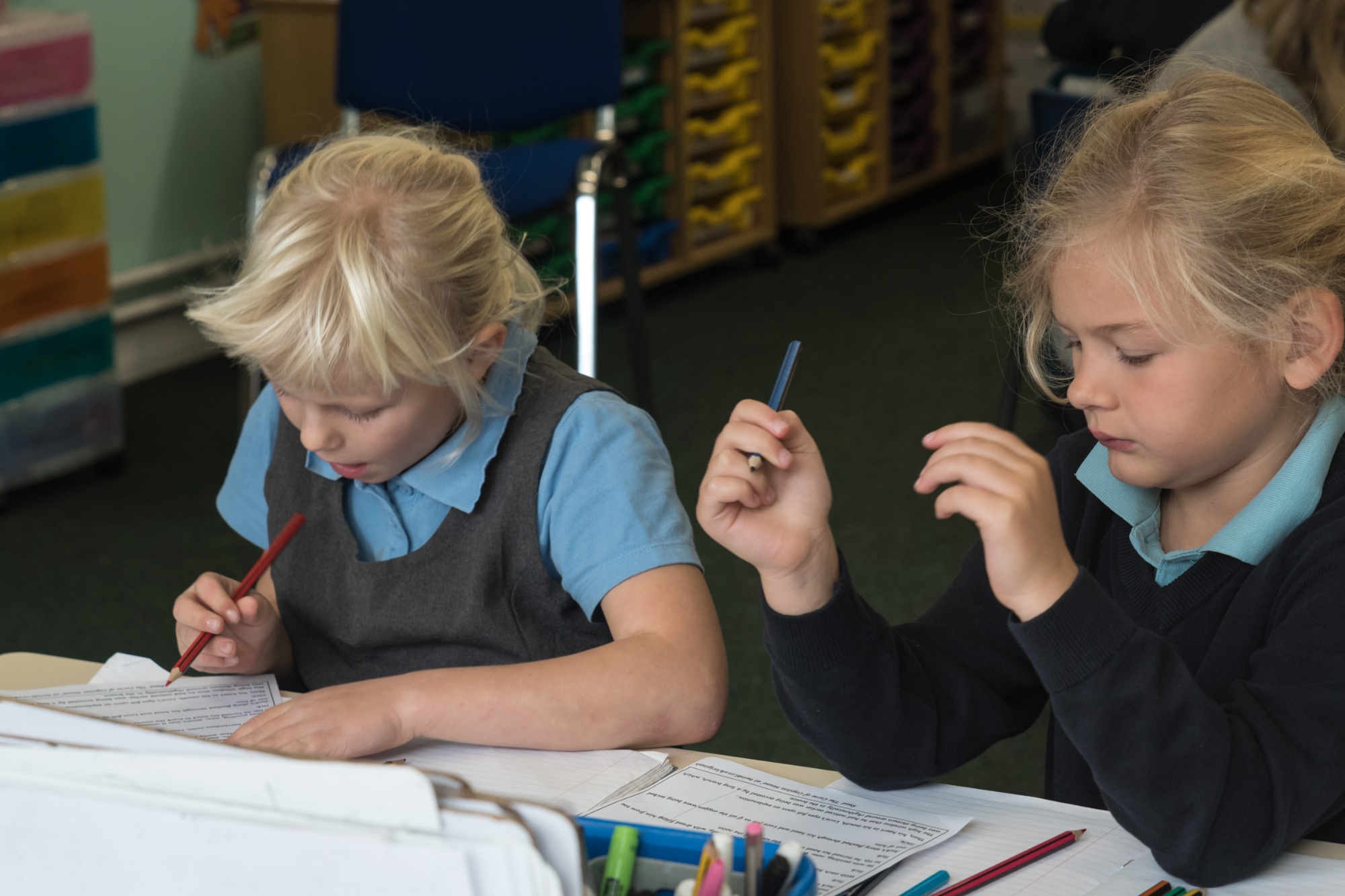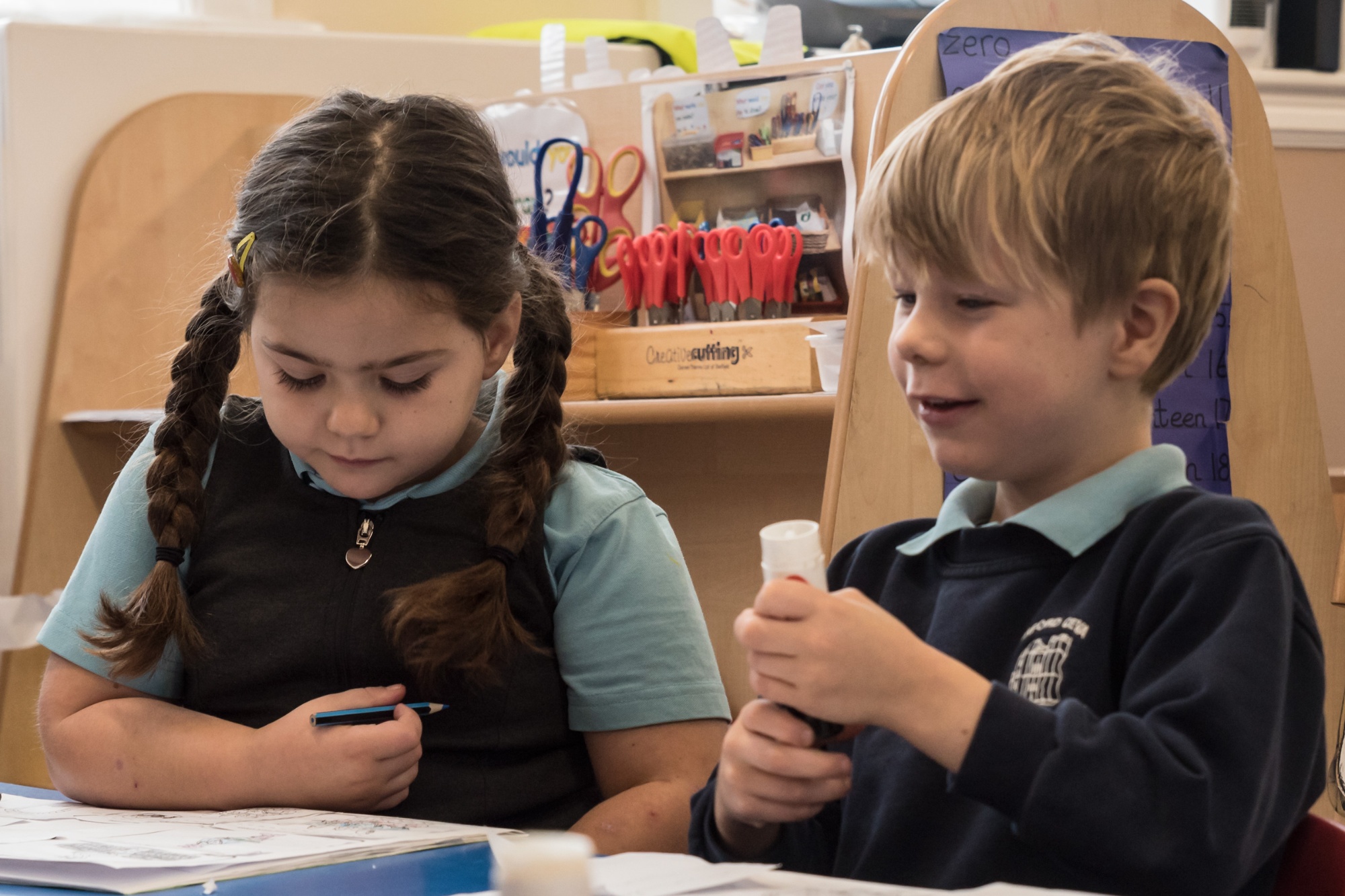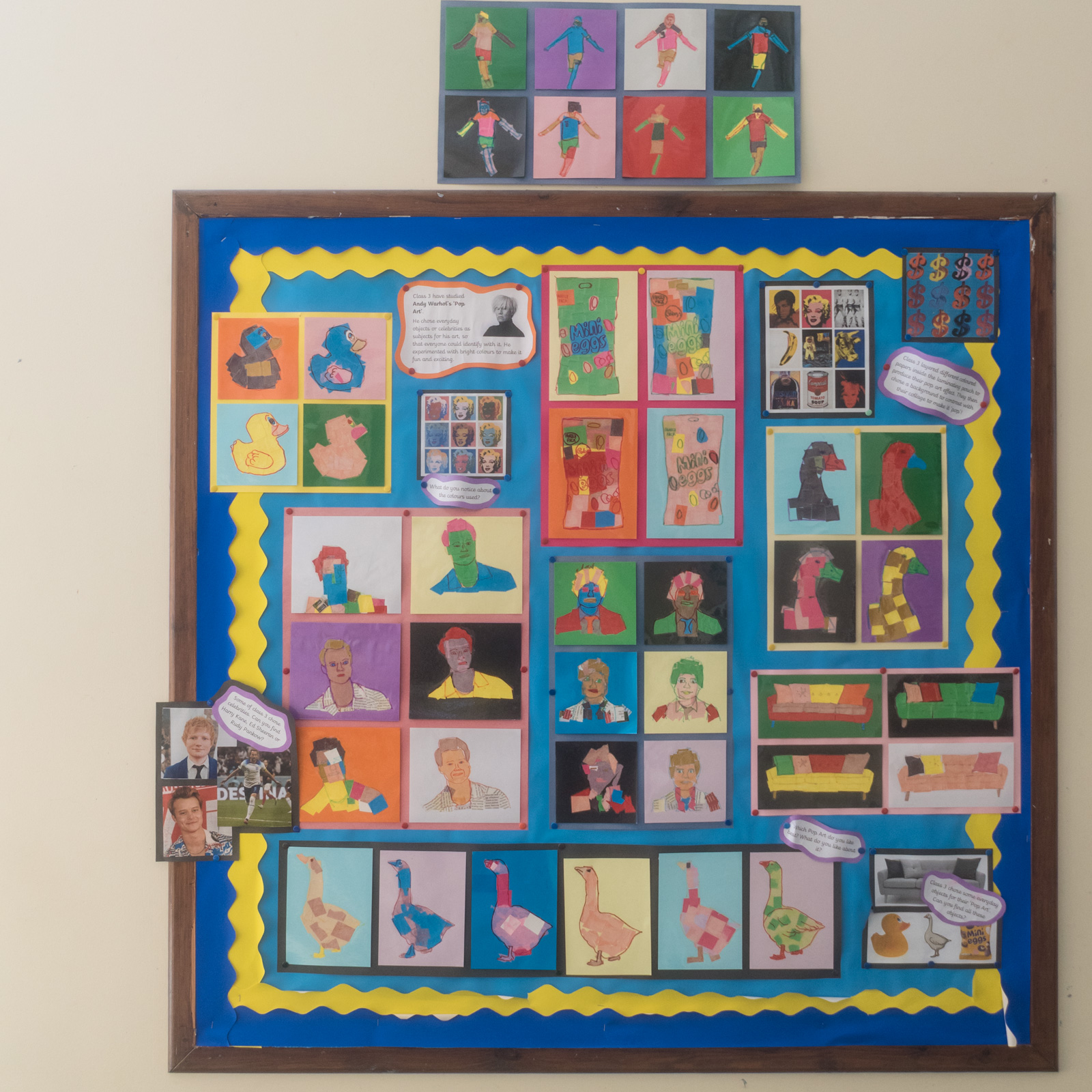Our Curriculum
At Orford CEVA Primary School, our curriculum is based on the September 2014 National Curriculum for Key Stages 1 & 2 and the Early Years 2012 framework in Reception.
Intent - what do we want our children to learn?
 Our curriculum has always had our children's interests at the heart of it, and our current unique offer aims to ensure that every single child flourishes at every stage of their learning here with us, linking to our Christian vision that having faith in, and achieving, all of these small building blocks over time will lead to better outcomes for all of our pupils.
Our curriculum has always had our children's interests at the heart of it, and our current unique offer aims to ensure that every single child flourishes at every stage of their learning here with us, linking to our Christian vision that having faith in, and achieving, all of these small building blocks over time will lead to better outcomes for all of our pupils.
With this in mind, our staff collectively designed our curriculum aims and objectives to fall within these four categories:
Being Belonging Growing Experimenting
The details of these aims are explained here in our curriculum intent document.
Implementation - how are we achieving this?



At Orford we always tailor our topics so that they are unique to our children, their interests and our local community and parish.
Having mixed age classes means our Long Term Planning runs on a 2/3 year cycle (depending on the class). We are currently on Cycle B.
Subject leaders have worked incredibly hard to create curriculum maps, knowledge organisers and skills progression documents, to ensure that each year group is covering the skills they need to acquire through the key knowledge taught for each unit .
More information about curriculum maps and knowledge organisers can be found by clicking here.
All of our curriculum maps are designed around a spiral model with all key ideas and skills being revisited and built on at regular intervals through each key stage and class.
Where topics were non-statutory, subject leaders have selected those in which our children could have meaningful, hands-on opportunities (many outside of the classroom) whilst also teaching them about social and cultural differences and diversity.
Some examples of units chosen specifically for our children include: programming with LegoWeDo and Lego Spike, learning local history and geographical enquiry through the Anglo Saxons at Sutton Hoo and studying the River Deben, and whole class instrumental teaching (glockenspiel, recorder and ukulele).
Wherever possible, themes are dovetailed across the curriculum (and sometimes across classes), to create extra opportunities to embed knowledge and skills.
Much of our learning is taught through our extended provision - you can read more about the teaching kitchen and forest schools by following the links at the bottom.
Impact - what does this look like in action?
We achieved the highest SATs results in Suffolk in 2023 and were above national standards in KS1, Phonics and EYFS.
Our 2023 OFSTED found:
"Adults have high expectations for pupils’ learning and behaviour. Pupils enjoy their lessons. They learn well and make strong progress in most subjects. Teachers make lessons interesting. There are lots of opportunities to go on trips to support pupils’ learning"
"Pupils enjoy their lessons, listen to their teachers, and behave well. There is no lowlevel disruption. Teachers explain things carefully and help pupils if they are stuck. Pupils know how they are getting on. Teachers and support staff help pupils improve their work in lessons."
"Pupils with special educational needs and/or disabilities (SEND) make strong progress from their starting points. Leaders make sure pupils get the right support in lessons and from external experts. Learning and behaviour targets are sharply focused. Pupils with SEND are included in lessons."

